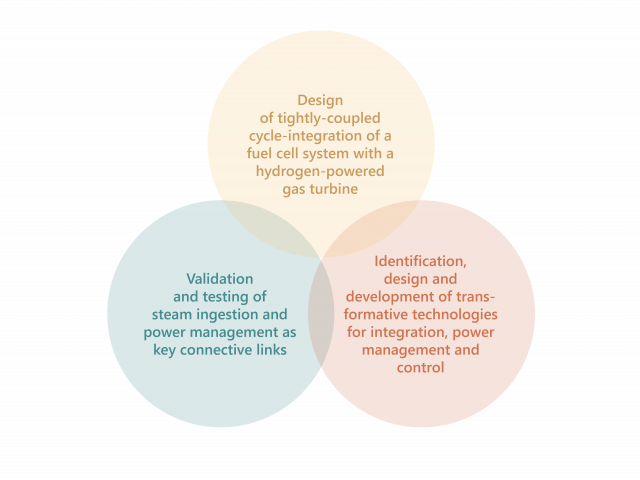A sustainable future with low-emission air travel
Aviation’s carbon footprint poses a critical challenge to global sustainability, with emissions soaring as air travel becomes increasingly prevalent. Traditional jet engines burn fossil fuels, releasing CO2 and NOX into the atmosphere, exacerbating climate change. The urgency to decarbonise this sector is palpable, demanding innovative solutions to curb its environmental impact.
With this in mind, the EU-funded FlyECO Project offers a pathway to low-emission air travel and sustainable growth. Through the integration of innovative technologies like solid oxide fuel cells (SOFC) and the use of hydrogen as energy carrier, the project targets a 50 % reduction in NOX emissions while eliminating CO2 emissions altogether. The project’s simulation framework will help refine the integrated power and propulsion systems (IPPS) architecture, advancing towards real-world implementation. It will focus on commuter/regional aircraft class propulsion system.
Key Outcomes
Funded by the European Union under grant number 101138488 and by the UK Research and Innovation (UKRI) funding guarantee under the project reference 10106893. Views and opinions expressed are however those of the author(s) only and do not necessarily reflect those of the European Union. Neither the European Union nor the granting authority can be held responsible for them.


